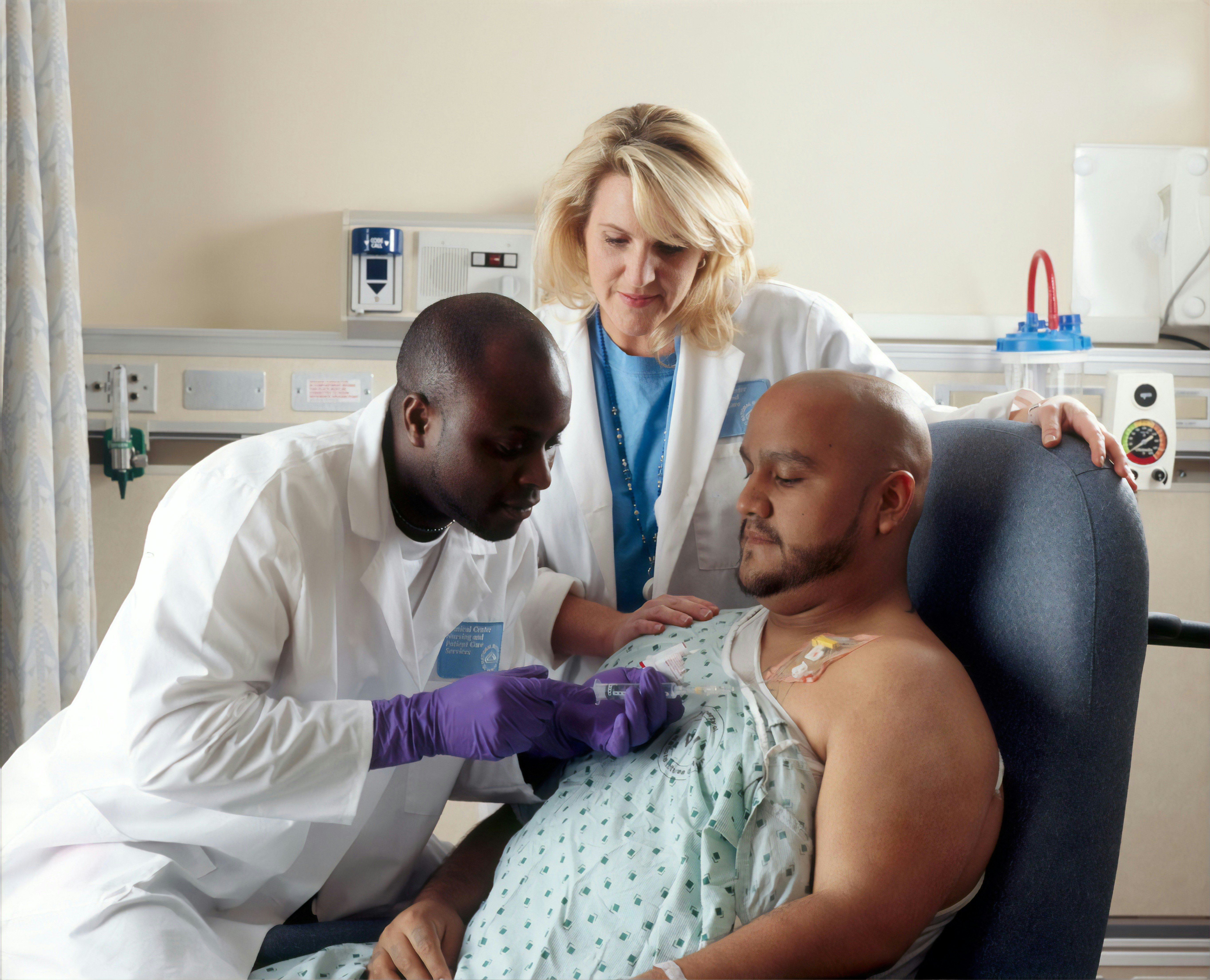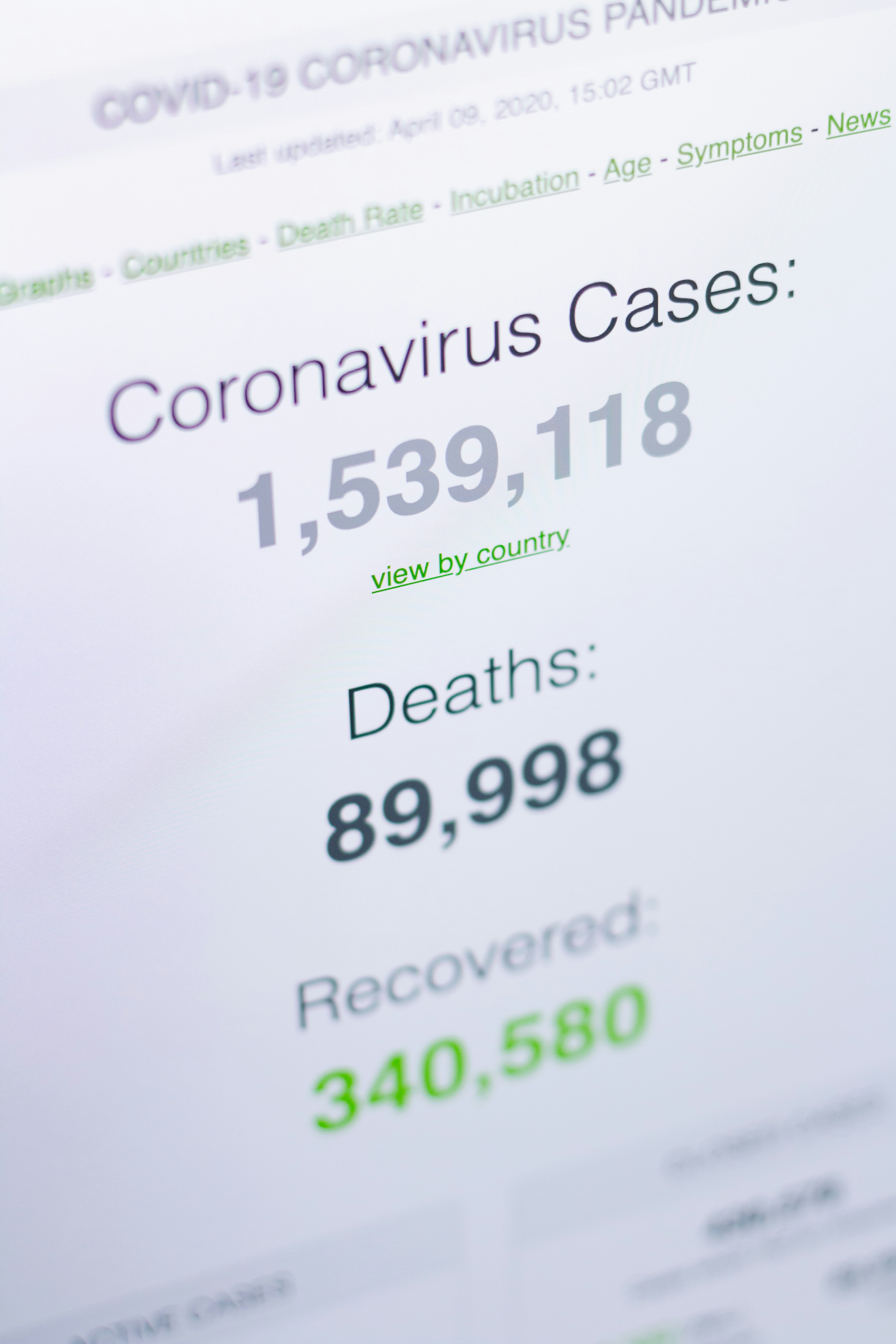
Thousands of ladies stocked up on abortion tablets simply in case they wanted them, new analysis reveals, with demand peaking prior to now couple years at occasions when it seemed just like the medicines would possibly turn into tougher to get.
Remedy abortion accounts for greater than half of all abortions within the U.S., and sometimes entails two medication: mifepristone and misoprostol. A analysis letter printed Tuesday in JAMA Inside Drugs checked out requests for these tablets from individuals who weren’t pregnant and sought them by way of Help Entry, a European on-line telemedicine service that prescribes them for future and speedy use.
Help Entry obtained about 48,400 requests from throughout the U.S. for so-called “advance provision” from September 2021 by way of April 2023. Requests have been highest proper after information leaked in Could 2022 that the Supreme Court docket would overturn Roe v. Wade — however earlier than the formal announcement that June, researchers discovered.
Nationally, the common variety of each day requests shot up almost tenfold, from about 25 within the eight months earlier than the leak to 247 after the leak. In states the place an abortion ban was inevitable, the common weekly request charge rose almost ninefold.
“Persons are taking a look at looming threats to reproductive well being entry, looming threats to their reproductive rights, and doubtlessly pondering to themselves: How can I put together for this? Or how can I get round this or get out forward of this?” stated Dr. Abigail Aiken, an affiliate professor on the College of Texas at Austin and one of many letter’s authors.
Day by day requests dropped to 89 nationally after the Supreme Court docket determination, the analysis reveals, then rose to 172 in April 2023 when there have been conflicting authorized rulings in regards to the federal approval of mifepristone. The Supreme Court docket is anticipated to rule on limits on the drug this 12 months.
Co-author Dr. Rebecca Gomperts of Amsterdam, director of Help Entry, attributed this spike to larger public consciousness throughout occasions of uncertainty.
Researchers discovered inequities in who’s getting tablets prematurely. In contrast with individuals requesting tablets to handle present abortions, a larger proportion have been no less than 30 years previous, white, had no kids and lived in city areas and areas with much less poverty.
Advance provision isn’t but reaching individuals who face the best limitations to abortion care, stated Dr. Daniel Grossman, an OB-GYN on the College of California, San Francisco, who was not concerned within the analysis.
“It’s not stunning that some individuals would wish to have these tablets available in case they want them, as a substitute of getting to journey to a different state or attempt to receive them by way of telehealth as soon as pregnant,” he added in an electronic mail, additionally saying extra analysis is required into the inequities.
Lately, Aiken stated, another organizations have began providing tablets prematurely.
“It’s a really new concept for lots of parents as a result of it’s not customary follow throughout the U.S. well being care setting,” she stated. “It’ll really be information to lots of people that it’s even one thing that’s supplied.”



